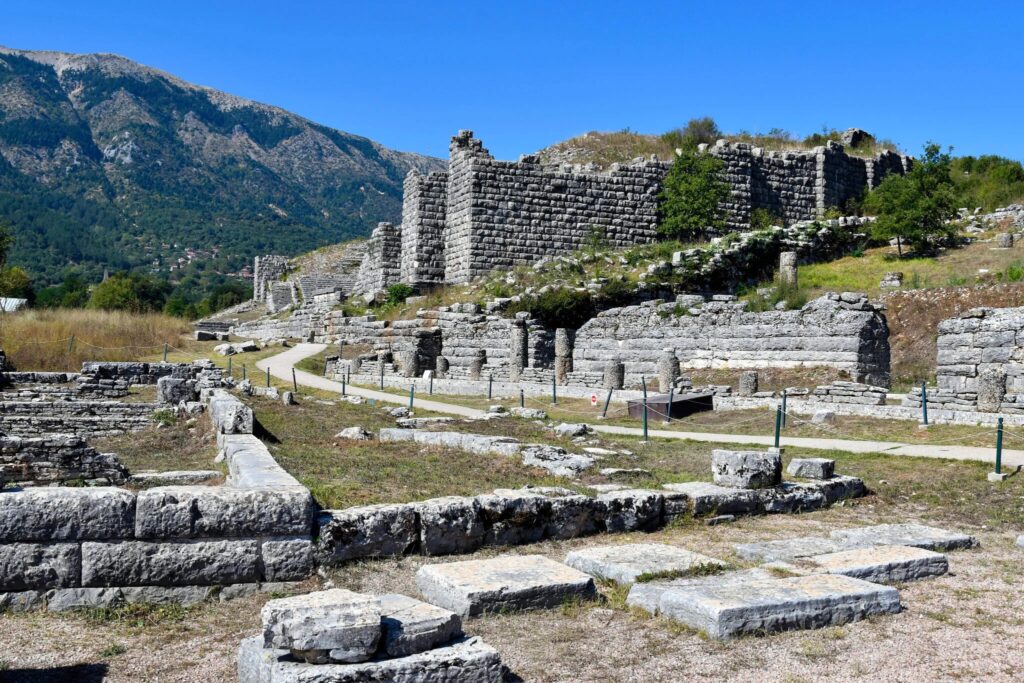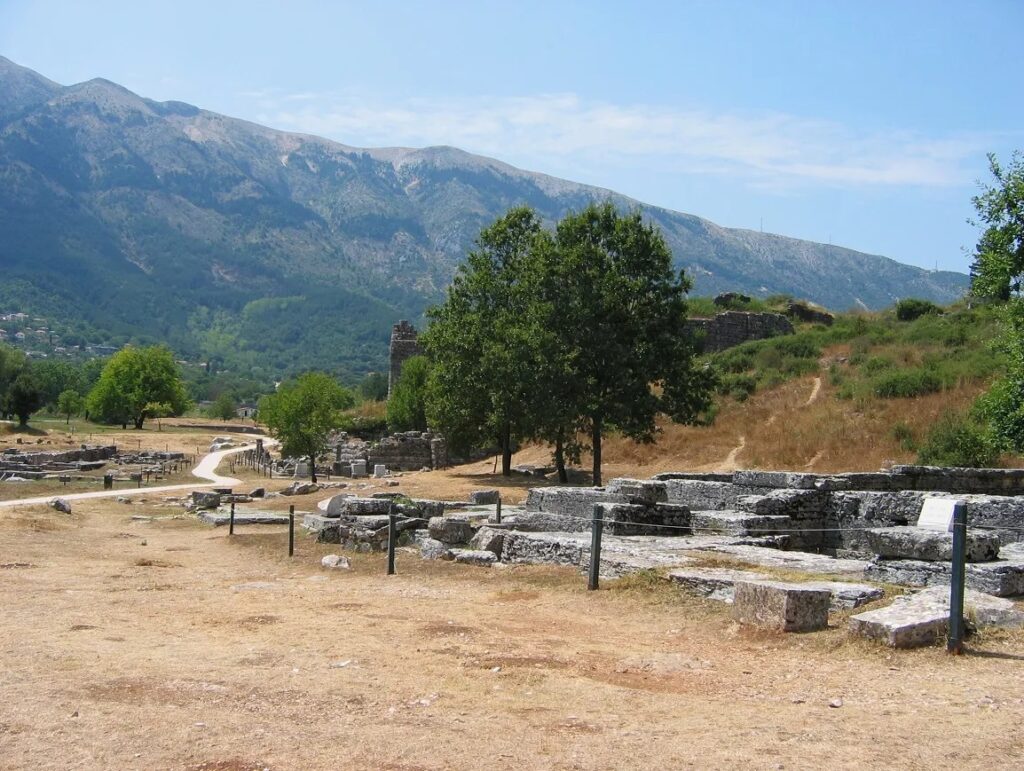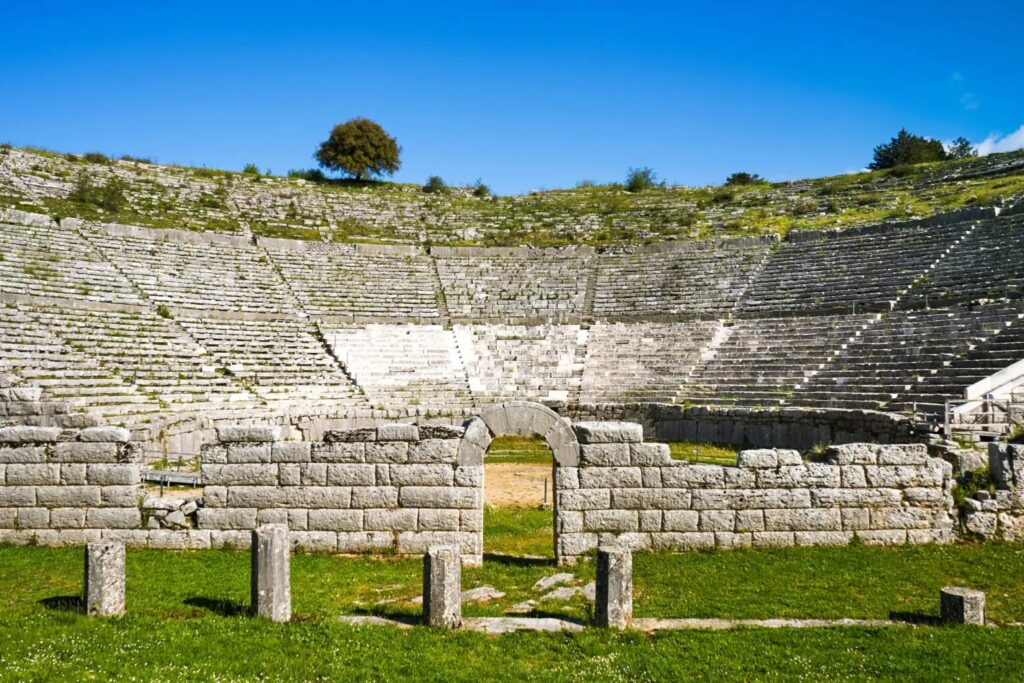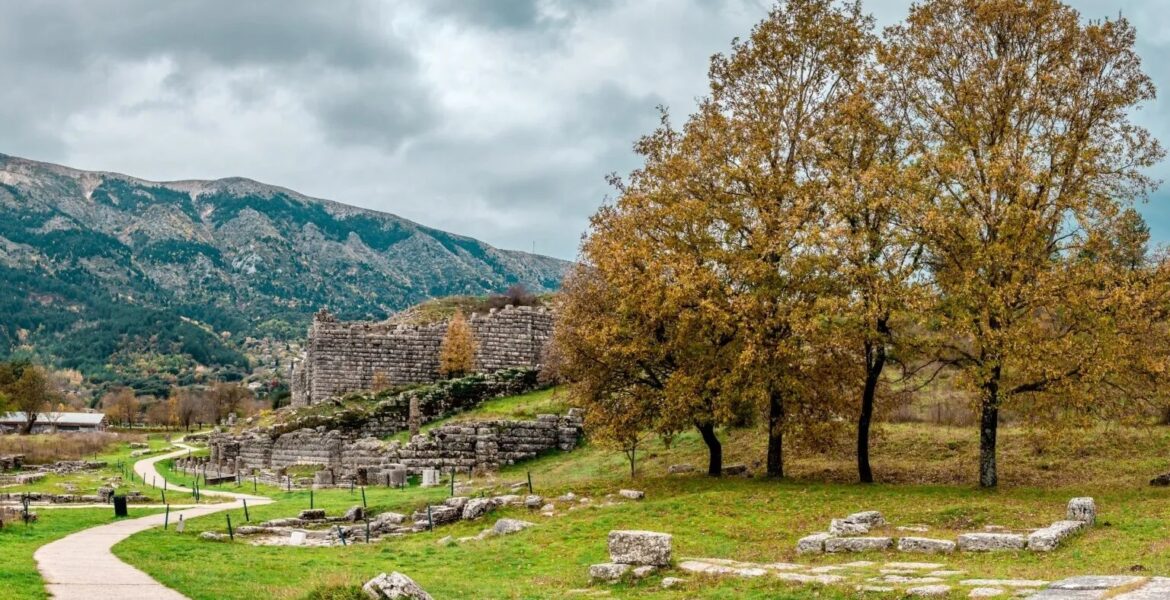Just hearing the word oracle automatically refers to ancient Greece, to mysterious ceremonies, but also to enigmatic - female - figures who, with incomprehensible words, solved intractable problems that seemed to be suffering for people.
Mysterious, captivating and built in the most inaccessible corners of the country, the ancient oracles are perhaps the most fascinating and dark chapter of ancient history that, no matter how many years pass, will still attract the interest of travellers - and not only.
Such an oracle is the ancient oracle of Dodona in Epirus, or at least what is preserved today.
Southwest of Ioannina and east of Mount Tomaros, the oracle of Dodona was for centuries the oldest, most important and perhaps most enigmatic oracle of antiquity, which, over the centuries, however, lost its glamour and momentum for the southernmost but equally impressive another rival awe, the oracle of Delphi.
According to legend, it is said that the area of Dodona received its name from Dodona, son of Zeus and Europa, or Dodona, daughter of Oceanus and Tethys.
However, whatever the case may be, the oracle seems to have been the most important oracle in the Greek area for centuries, which, despite its great distance from most of the city-states of the south, did not lose a single ray of its inexhaustible brilliance.

The history of the oracle begins at the beginning of the 3rd century BC, when King Pyrrhus decided to turn Dodona into the religious capital of his kingdom by building many different buildings on the current site of the oracle, including the famous theatre of Dodona, which was the largest theatre of antiquity with a capacity of nearly 20,000 people.

However, as the years went by, the oracle's reputation fell even more until it was noticeably deserted and almost completely destroyed by the Aetolians. After a short period of recovery, the coup de grace was finally given by Emperor Theodosius in AD 392.
With the closing of the oracle's place and the cutting of the fig tree, the sacred oak where the faithful and bewitched oracle used to hang metal plates asking for Zeus's help with the problems of everyday life.
The legend says that the keel of Argos, with which the Argonauts managed to complete the journey to obtain the Golden Fleece, was built with the wood from these oaks.

Originally probably dedicated to Gaia, the Mother Earth deity, and later to Zeus and his mistress, Dione, the oracle was located since prehistoric times - at least as the descriptions say - in the middle of a now-extinct oak forest and was associated with the fertility and the euphoria of the land.
Aristotle, of course, identified it with the place of origin of the Greeks, connecting the area of Dodona with the myth of the flood under Deucalion, something with which the Romans later also agreed.
But whatever the history, the oracle, despite the geographical isolation and history lost in the depths of prehistory, did not stop being considered one of the most important oracles of antiquity.
Today, the more expansive archaeological site of Dodona, together with the theatre that hosts several events during the summer months, is fully open to the public after continuous excavations, interventions and restorations. Of course, they remain to a small extent of the mysterious space that once existed here; they continue to be an ideal choice for those visitors who wish to travel back in time to the ancient past of Epirus.
The archaeological site is open every Monday to Friday (08:00-16:00), except Tuesday, while the contact phone number for any clarification is 26510 82287.
READ MORE: 1800-year-old Ancient military medal of Medusa discovered in ancient Greek city of Perre.


